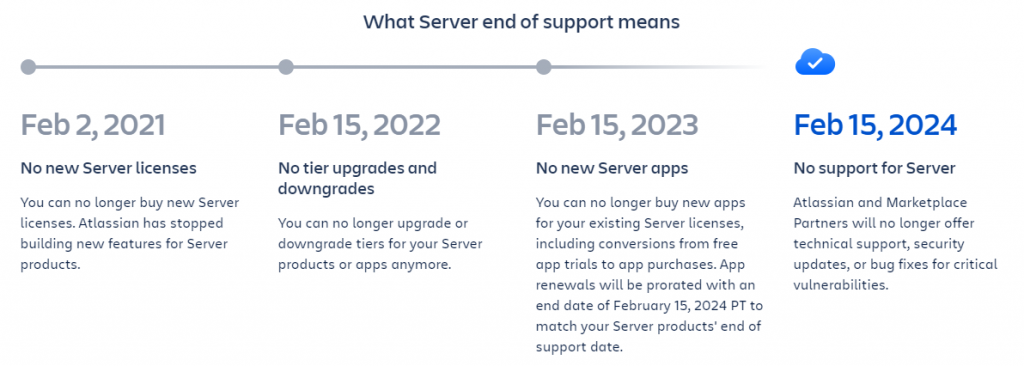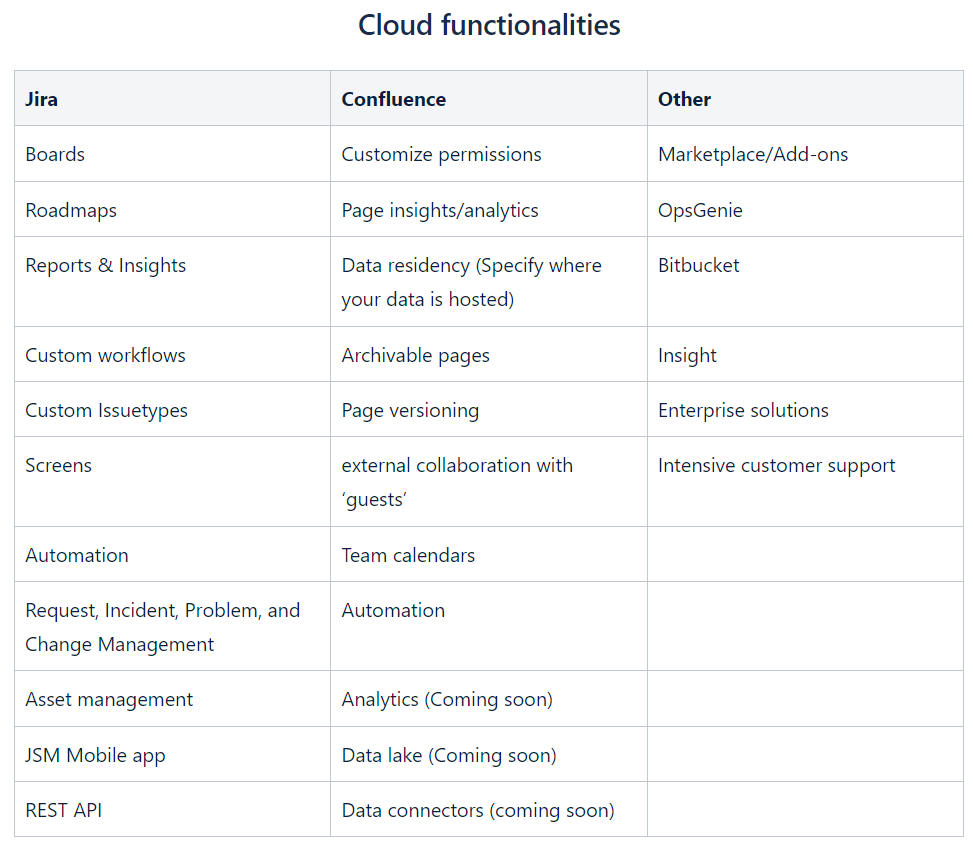There has never been a better time to execute a migration to Atlassian Cloud.
Recent announcements at Atlassian’s Team23 conference included new products (Jira Product Discovery, Beacon), new features (Atlassian Intelligence (AI), Slack/Teams integration, Digital agents), and impressive improvements (Data residency location choice, Portal customization, Workflow and toolchain templates), demonstrating the vast range of opportunities and useful features/products that Atlassian’s cloud platform offers to elevate your service solutions.
Atlassian’s tools continue to grow more effective, efficient, and powerful, leading to improvement in the methods and practices they support. Dominant technologies like ChatGPT have proven how integrating new technologies into your business can help streamline activities and improve your day-to-day operations to keep your company competitive in the market space. Taking this into consideration, organisations should understand that adopting these tools at the outset is well worth the investment of time and resources to adapt & upgrade internal tooling, methodologies and policies.
Given that cloud migrations take 3-9 months on average, it is important to commence the move off your server instance into the cloud as soon as you can. In February 2024, Atlassian’s Server End Of Support (EOS) date will lapse and server customers won’t receive any future products, developments, or improvements to their site. Executing a migration now will ensure the business impact is kept minimal and change management has low complexity while guaranteeing you are able to continue utilising everything Atlassian has to offer.
JDS recommends you carry out the migration before the gap between server and cloud becomes too vast. It will ensure your business receives upgrades and improvements that will keep it adapting to new market climates. Migrating now will also give you greater time to implement change management and adopt new and improved practices, ultimately adding value to your business operations. Migrating before the EOS date will also allow you to integrate the new system into your business while the look and feel of Atlassian Cloud products remain similar to their on-premises server offerings. This will mean that your staff and customers will easily adapt to the new environment without requiring extensive time and resource-consuming activities like upskilling and training.
Atlassian has shown that it has big plans around its product roadmap for the future. Adopting change now will minimise business impact while allowing you to keep your business at the forefront of advancement and technology. It will also give you a headstart on establishing best practices and refining processes as Atlassian products continue to develop and evolve into the future.


